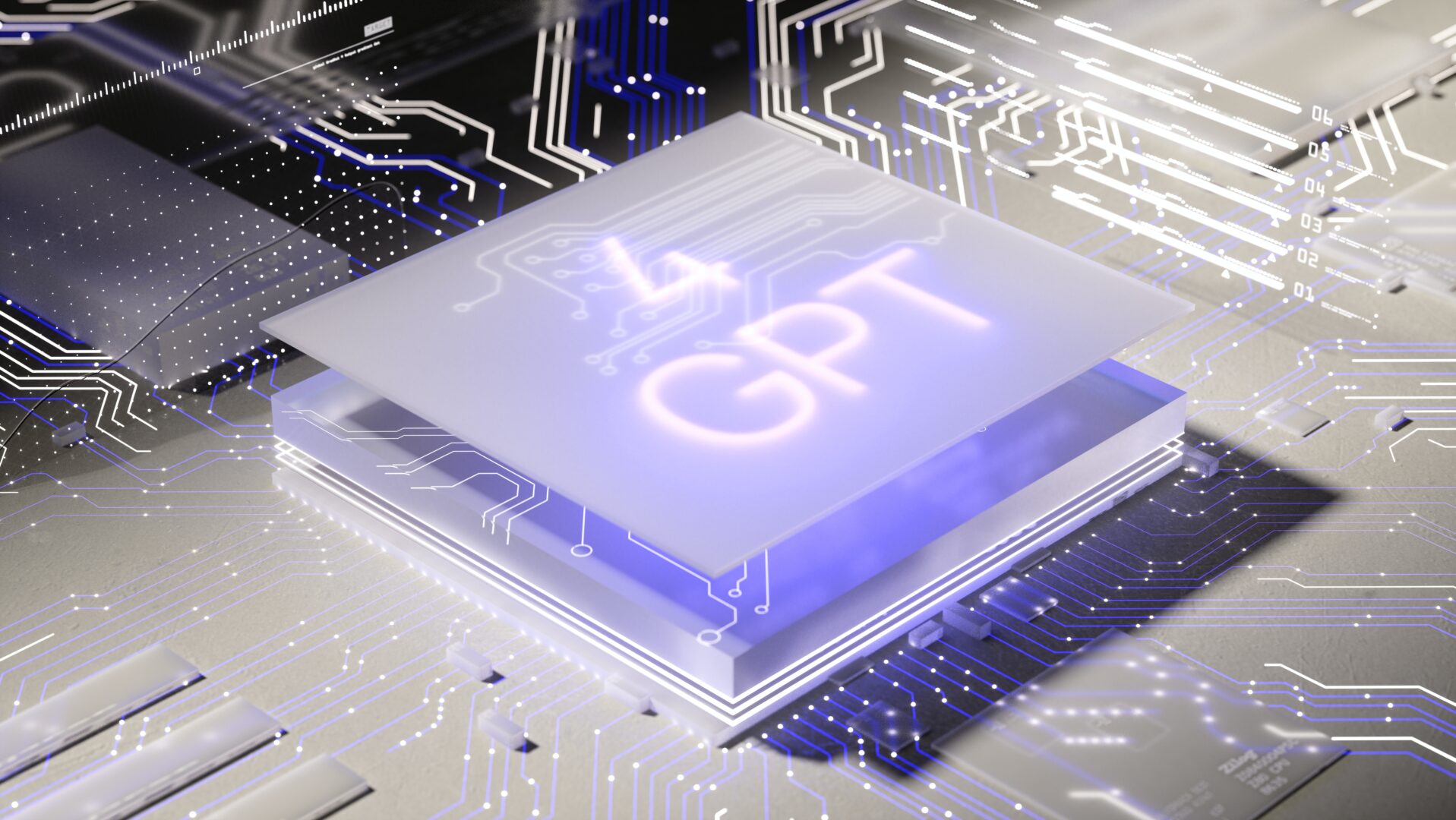California-based law firm, Perkins Coie, has launched a class-action lawsuit on behalf of lead plaintiff Michael Clarkson against the artificial intelligence company OpenAI. The lawsuit accuses OpenAI of large-scale copyright infringement and violation of privacy rights due to its method of training the ChatGPT chatbot. According to the filed complaint, OpenAI has allegedly used data scraped from the internet, including personal blogs, social media posts, and Wikipedia entries, to train its chatbot without seeking permission from the creators of the content.
A Wave of Legal Challenges
This is not the first legal challenge OpenAI has faced. Earlier this year, the company was embroiled in a legal dispute with a Georgia-based radio host. The radio host accused ChatGPT of generating text that falsely implicated him in fraudulent activities. These lawsuits are among the first to challenge the legality of data scraping for AI training, raising serious questions about the future of AI development.
Implications for AI Development
As AI technology continues to evolve rapidly, data scraping has become a commonly used method for training AI models. However, this practice is now under scrutiny due to rising concerns about privacy and copyright infringement. The legal outcome of the OpenAI case could set a precedent for future AI training methodologies.
If the lawsuit proves successful, it could necessitate a significant shift in how AI companies train their models. While this could potentially slow down the pace of AI development, it may also result in increased protection of individuals’ privacy and copyrights.
More from Cybersecurity
- INE Named in Training Industry’s 2025 Top 20 Online Learning Library List
- Experts Share: Are Passkeys The Solution To Cyber Vulnerabilities?
- Can Cyber Essentials Help Businesses Comply with Industry Regulations?
- INE Security Launches Enhanced eMAPT Certification
- Keeping Your Small Business Secure During Grid Failures
- How Much Did The Recent Retail Cyberattacks Actually Cost Businesses?
- How To Keep Your Business Safe From Cyber Attacks
- INE Security Partners With Abadnet Institute For Cybersecurity Training Programmes in Saudi Arabia
The Plaintiffs’ Claims
The lawsuit, representing an unknown number of potential claimants, is seeking damages for all individuals whose data OpenAI used to train ChatGPT. The claimants argue that the use of personal data by OpenAI constitutes a large-scale violation of privacy. “They have built their business on the backs of others without their consent,” Michael Clarkson said in a statement.
Moreover, the plaintiffs claim that OpenAI’s use of this data infringes upon their copyright rights. OpenAI is yet to respond to the allegations. If the lawsuit succeeds, it may result in an injunction preventing OpenAI from further using such data.
Looking Forward
As it stands, the lawsuit is still in its early stages, and it is uncertain how it will unfold. Regardless of the outcome, it is clear that this legal challenge signals an increasing scrutiny of AI companies and their data practices. This case could potentially become a landmark decision shaping the ethical boundaries of AI development and data usage.
It is anticipated that the legal challenges facing AI companies like OpenAI are likely to grow in the coming years. As the tension between technological advancement and privacy rights intensifies, the resolution of this case could be a pivotal moment for the future of AI.
The lawsuit against OpenAI emphasises the increasingly contentious debate surrounding the use of personal data in AI development. It serves as a timely reminder of the importance of balancing rapid technological advancement with the necessity to respect individual privacy rights and copyright laws.

